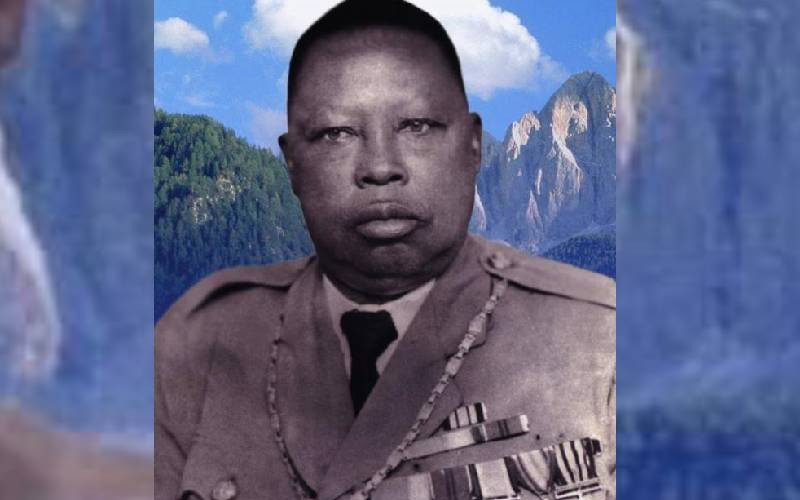×
The Standard e-Paper
Kenya’s Boldest Voice

Solomon Kasina wa Ndoo, a Colonial Chief who shaped development of Kitui.
A person who has been bitten by snake trembles and recoils whenever they come into contact with skin which could indicate the presence of the reptile. This wisdom was alien to the colonial administrators when they started establishing the first school in Kitui in 1917.